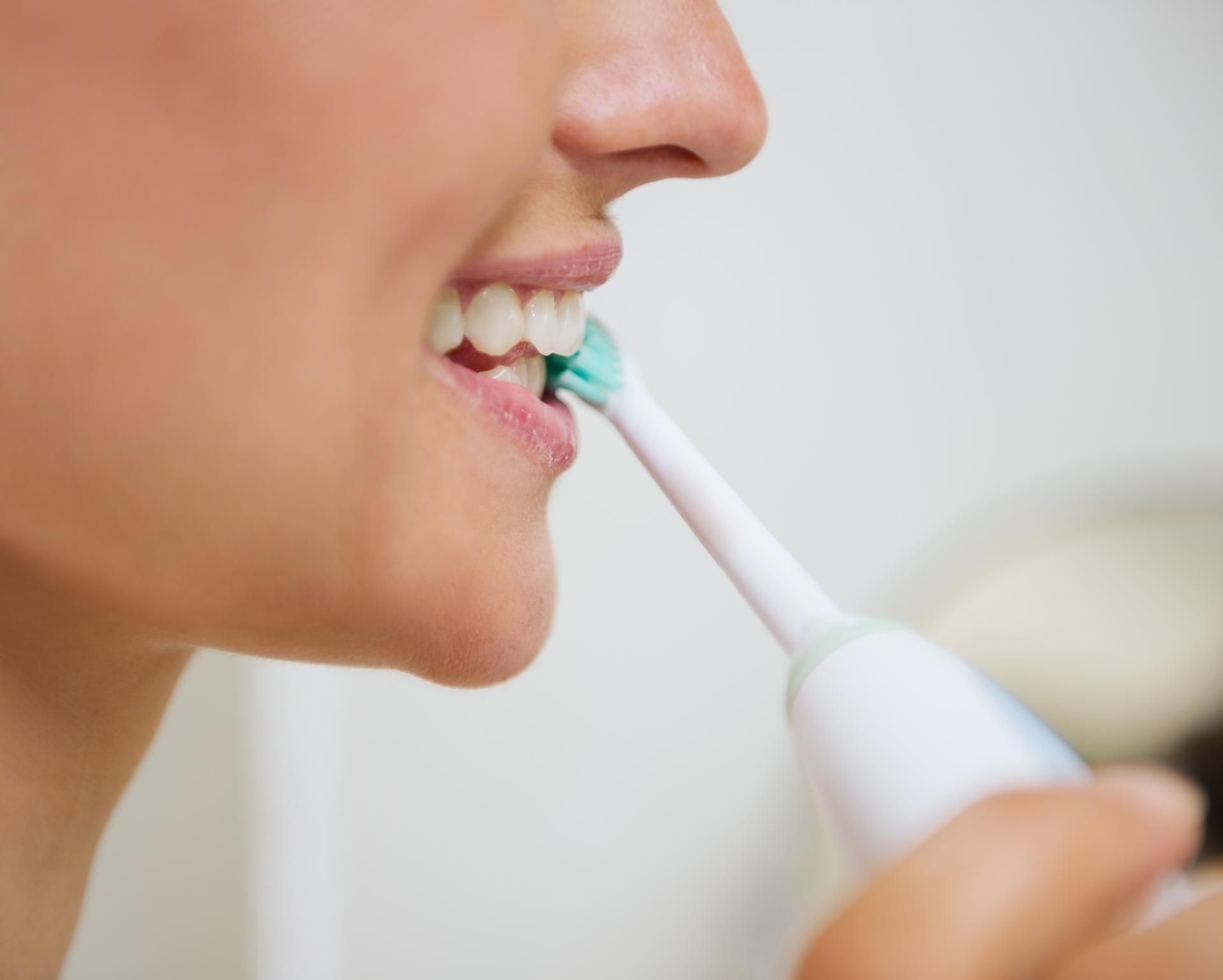Why Gingivitis and Not Cavities? What Your Dentist Can Do About It

Dental health is essential for overall well-being. We brush and floss regularly to ensure that we are taking care of our teeth and gums. However, sometimes even after doing everything, we still end up with gum disease or gingivitis.
Have you ever wondered why you are more prone to gingivitis and not cavities? You are not alone, and the answer lies in the underlying causes and risk factors that contribute to gum disease. In this blog post, we discuss why you may have gingivitis but not cavities, and what your dentist can do about it.
Remember that regular dental visits are key to dental health. You should always visit your dentist as they recommend as well as brush and floss daily, even if you don't get cavities. Your gums rely on proper oral hygiene, too!
Poor Oral Health
While there can be various reasons for gum disease, one of the main reasons is poor oral hygiene. Lack of proper brushing and flossing can lead to plaque buildup along the gum line and teeth. Bacteria present in plaque cause inflammation, which can lead to gum disease.
Cavities, on the other hand, are caused by acids created by bacteria on the tooth surface, leading to enamel erosion. Brushing and flossing can help prevent both, but if gums are not cleaned correctly, it can lead to gingivitis. Thus, it is essential to follow proper oral hygiene practices to maintain healthy gums.
Smoking
Smoking is a significant risk factor that contributes to gum disease. It weakens the body's immune system, which makes it harder for the body to fight infection. Additionally, smoking constricts the blood vessels, reducing the flow of oxygen and nutrients to the gums, leading to gingivitis.
Moreover, smoking also increases the buildup of plaque and tartar, making it difficult to remove, even with regular brushing and flossing. However, smoking does not cause cavities directly, but it can lead to tooth decay indirectly by increasing the risk of gum disease.
Genetics
Genetics plays a crucial role in determining the health of your gums. At times, gum disease can run in families, which puts some individuals at higher risk than others. If you have a particular gene, you may be more susceptible to gum disease, including gingivitis. However, genetics do not cause cavities. If your parents have cavities, it does not necessarily mean that you will get them too, provided you take care of your teeth.
Dental Plaque
Dental plaque is the primary cause of gum disease. Plaque buildup can lead to gum inflammation, which, if left untreated, can lead to gingivitis. Unlike cavities, gingivitis is often painless and may go unnoticed until it progresses into advanced gum disease or periodontitis. Regular dental checkups can help catch gingivitis early on, before it progresses, making treatment easier.
What Your Dentist Can Do
Gingivitis can lead to dental infections and tooth loss, as well as receding gum lines and pain in the mouth. Your dentist will give you periodontal cleanings, which are more intensive dental cleanings, to help remove the bacteria and plaque that plague your mouth. Regular periodontal cleanings, along with prescription mouthwash and even antibiotics, can keep your mouth less likely to succumb to gingivitis.
Maintaining good oral hygiene practices, quitting smoking, and regular dental checkups can help prevent and treat gum disease. Gingivitis may be more prevalent than cavities for various reasons, but by maintaining good oral health and seeking prompt dental treatment, you can prevent severe damage to your gums and teeth.
If you suspect that you have gum disease or are experiencing any pain or discomfort, contact your dentist immediately, and get yourself checked. Remember, prevention is better than cure, and taking care of your teeth and gums should be a part of your daily routine. Our specialists at Calm Waters Dentistry are here to help you protect your oral health. Get in touch with our team today to schedule an appointment.








